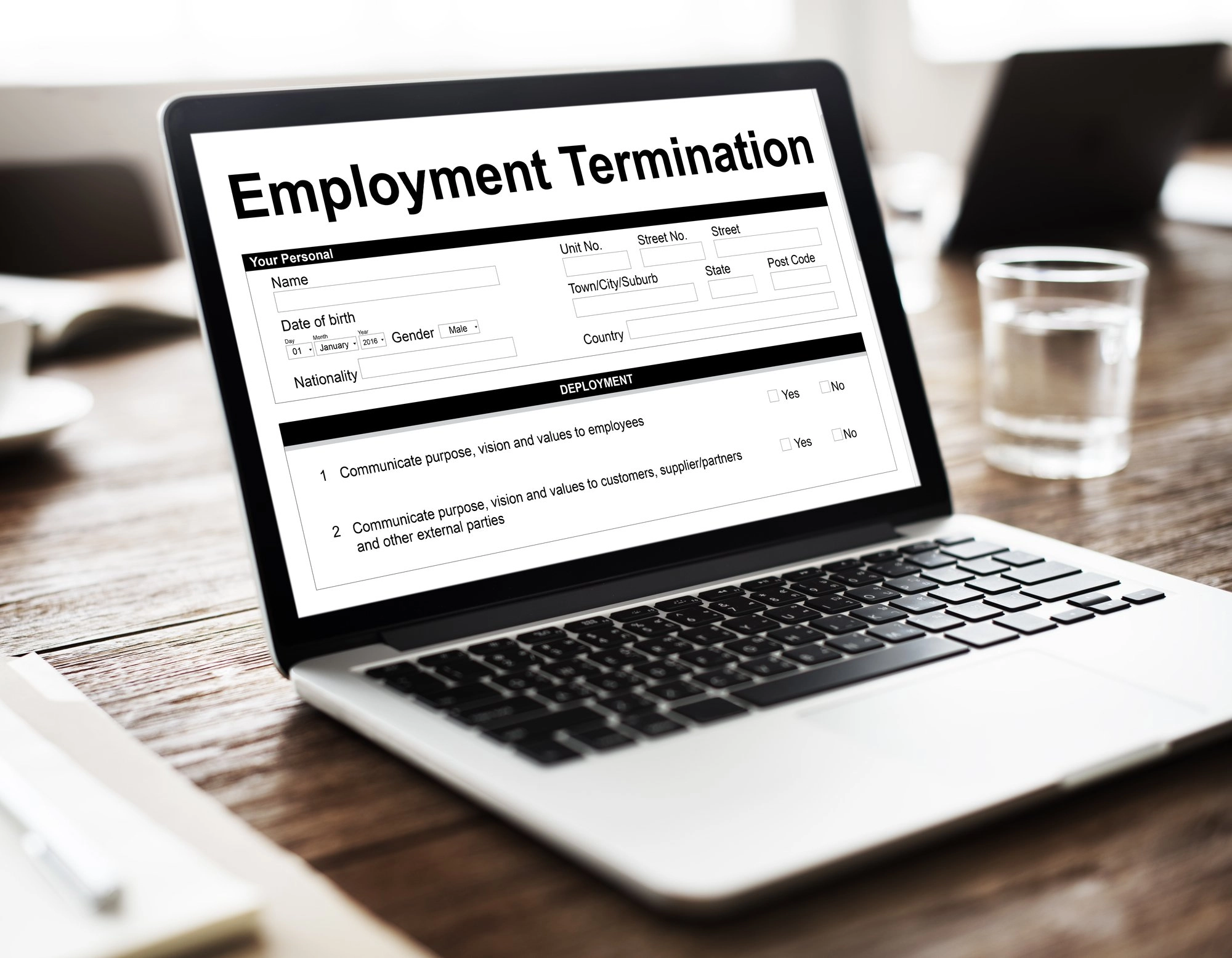11 Things you should avoid saying or doing when fired
Call yourself lucky if you can quit on your terms. Unfortunately, not everyone is in such a fortunate situation. A black swan event like the Lehman shock or the current COVID-19 pandemic can derail any career in the blink of an eye, regardless of your performance, qualification, or service length.
Being fired is not the same as handing in your resignation on your initiative. A termination coming out of the blue will be a shock hard to digest.
But you are not the first to get fired, and you won’t be the last one either. It can happen all the time, and with the economy hit hard by the COVID-19 pandemic, there will be many more terminations in the months ahead.
Nevertheless, the termination will be a traumatic experience for anyone. When you are not at fault, it will be even more painful. It’s quite natural to feel hurt and angry. Your employer might not even give you a reason for your termination, thus adding insult to injury.
Here are 10 things you should not do if disaster strikes. Avoiding these mistakes will help you to go through hard times with less damage.
1 Keep your cool
Don’t make a scene or let emotions control your behavior. You may be under shock, and it is not easy to keep your cool under these circumstances. Raising your voice, breaking out in tears, or slamming doors creates only unnecessary stress and bad feelings. Keep your emotions in check to avoid mistakes you will regret afterward. What you need now is clarity of the mind.
2 Be prepared for the worst
Don’t walk out before cleaning your desk and computer. Depending on the circumstances, this may be your only chance to secure your personal belongings. They also include essential files you may have on your office computer. Because you are always at risk to be laid off unexpectedly and without warning, you should periodically save documents relating to your job. Evidence of your proper and responsible professional conduct may come handy in the case of a conflict. In the worst case, you might be escorted from the office without a chance to get back to your desk.
3 Evaluate your options carefully
Don’t sign or agree on anything before having had the time to evaluate your options calmly. Request a meeting one or two days later to go over the severance details. You will have some time to research company policies and practices and talk with current or former colleagues you trust. Depending on the situation, you may even want to speak to an attorney specialized in human resource matters. It is essential to be well prepared for that crucial meeting to negotiate a satisfactory severance package.
4 Ask for an explanation
Don’t hesitate to ask for the reasons for dismissal. You can gain some insight, which will guide you through your next move. It will also give you peace of mind if external factors rather than your fault caused the dismissal.
5 Get a recommendation letter
Don’t hesitate to ask for a recommendation letter. A recommendation could prove helpful in your endeavors in finding a new job.
6 Avoid unnecessary conflict
Don’t blame your boss or colleagues, at least not now. You will only make unnecessary enemies who can hurt you down the road. Just be aware that a prospective employer may check on your background and references. The inquiries could go to your boss and also your colleagues and subordinates. Any controversy could backfire and lead to badmouthing you. Don’t go away and leave the impression of being a negative or difficult person behind.
7 Leave the legal stuff to your attorney
Don’t threaten with a lawsuit when fired. You may indeed have a case of unlawful dismissal or discrimination. You can sort that out later after you have digested the initial shock and talked with an attorney. If you have a case, handle it professionally and not emotionally.
8 Keep a reasonable relationship
Don’t burn bridges. If you plan to stay in the same industry, either with another employer or on your own, you will likely run into your old friends or foes sooner or later. By maintaining a positive relationship, your former employer may even become your customer.
9 Cooperate in the transition
Don’t refuse to help the company in the transition process, if there is still time until the termination becomes effective. This way, you will be remembered as a cooperative and professional person, which will enhance your reputation in your industry. Remember, people are talking.
10 Keep quiet and remain positive
Don’t rush in publicizing your termination. Think about how you want to be seen among friends, colleagues, and the industry and formulate the story accordingly. Keep it on a positive note and reserve any negative comments to family and closest friends only.
11 Life is going on
Don’t lose faith in yourself. Being fired is not the end of the world. The economic circumstances may be difficult, but there are always other employers, even if you have to move to another state. Changing the industry, you are working in may be an option. And there is always the option of going alone, as a freelancer or setting up your own shop.
You will find more ideas about that in articles coming up in this space.






